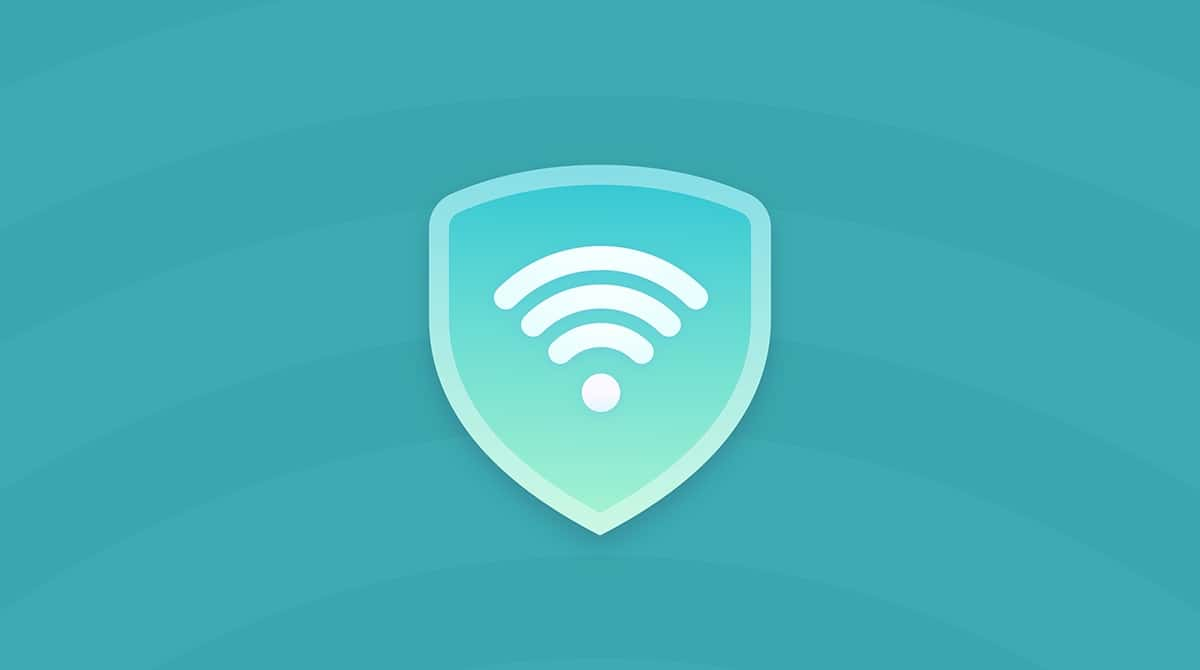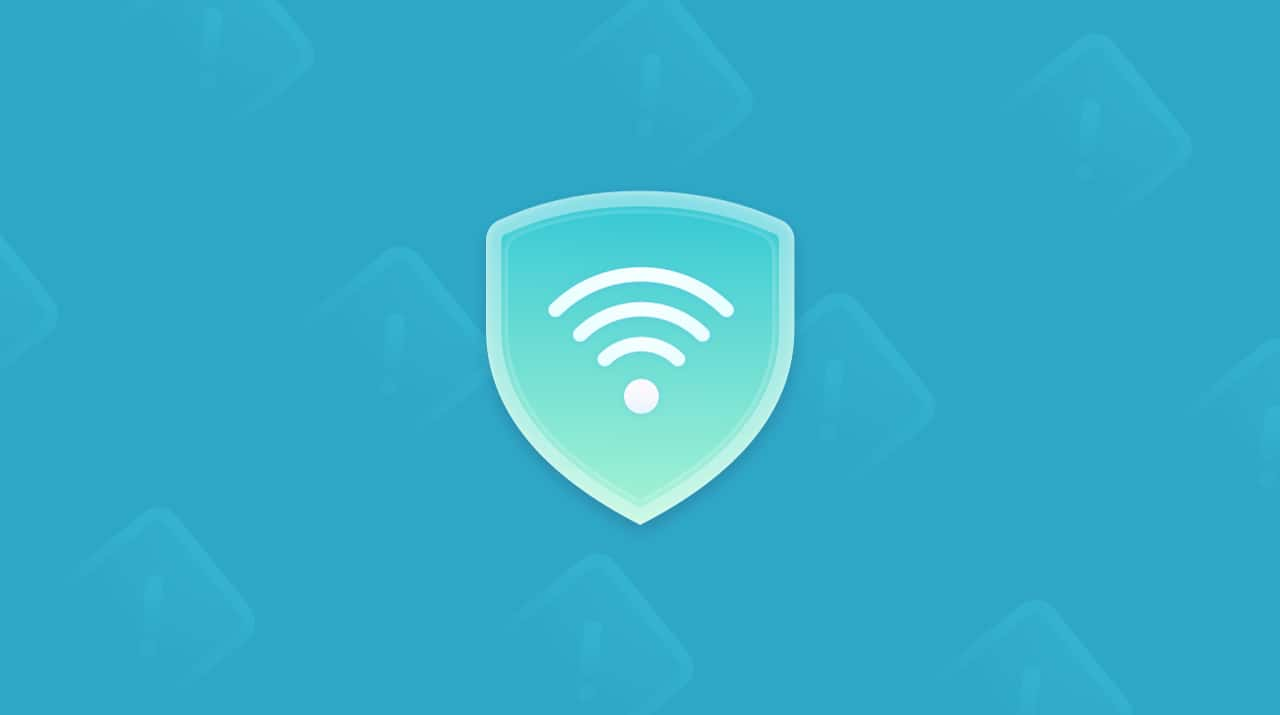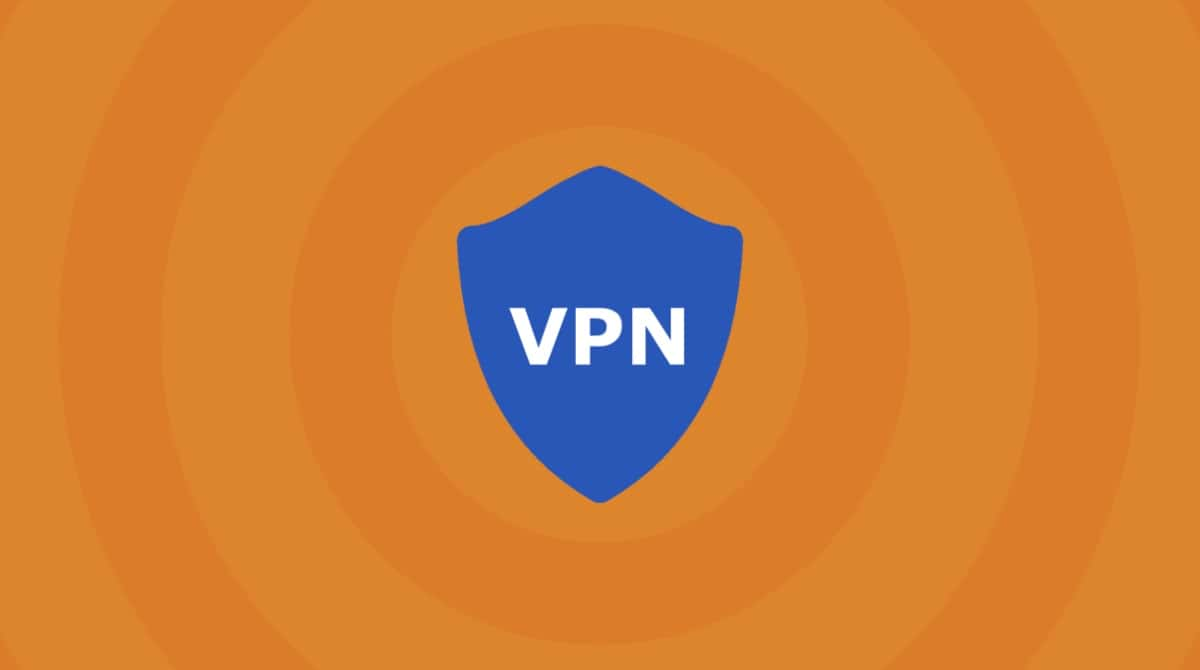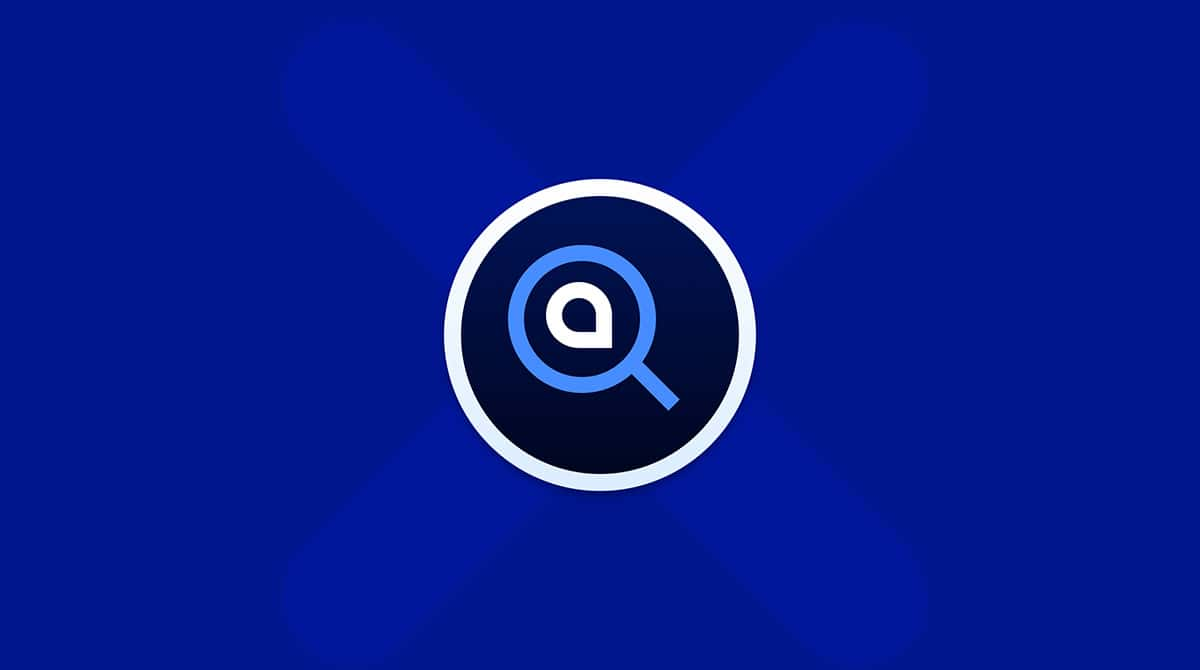According to Cyber Observer, cybercrime is projected to be $6 trillion annually by 2021, and that’s only a couple of months away. If you’ve been reading on ways to improve your online safety, you’ve most likely come across a VPN.
But, if you’re new to tech, you might find yourself feeling frustrated in trying to figure out what is a VPN. You’re not alone. And in this post, we’ll explain it in everyday terms so that you know what it is and why you should seriously consider subscribing to one.
What is a VPN?
A VPN stands for a Virtual Private Network and one of the easiest ways to understand what it does is to look at each word individually:
- Virtual — users can indirectly access websites or apps through a virtual server.
- Private — your online activities are between you and the service you use.
- Network — users get access to a network of servers from around the world.
Simply put, a VPN is a service that lends you a virtual temporary IP address that you can use to hide your real one. It also encrypts all information coming in and out of a device. This makes it very difficult (if not impossible) for third-parties to intercept and steal any personally identifiable information.
Why is a VPN Important?
There are two good reasons why you should consider using a VPN in the digital age:
Security
Did you know that Google and other platforms track and record all your activities? This makes it easy for others to find and uncover your info. That’s unless you use a service to hide your personal details and information.
Most of the best VPNs on the market use AES 256 encryption — the same data security protocol used by banks and government organizations. These encryptions are practically unbreakable. Plus, the fact that you’re using a virtual IP address means that websites and ISPs (Internet service providers) never get to see your real IP address.
Why is it dangerous to expose your IP address? In a nutshell, hackers who know your IP address can also find out information about you such as city, state, and ZIP code. And, using this information, they can potentially hack devices, obtain information such as bank details, passwords, and more.
Bypass content restrictions
Another useful feature is the ability to bypass restrictions that would normally prevent users from accessing content deemed illegal or not licensed in their region.
For example, let’s say that you’re in the United States and would like to watch a show on Netflix that is meant only for Japanese viewers. A VPN can help you bypass Netflix’s geo-blocking restrictions by connecting you to one of their servers located in Japan. As a result, Netflix will think that you’re accessing their video streaming service from Japan when that’s not the case.
You get the idea.
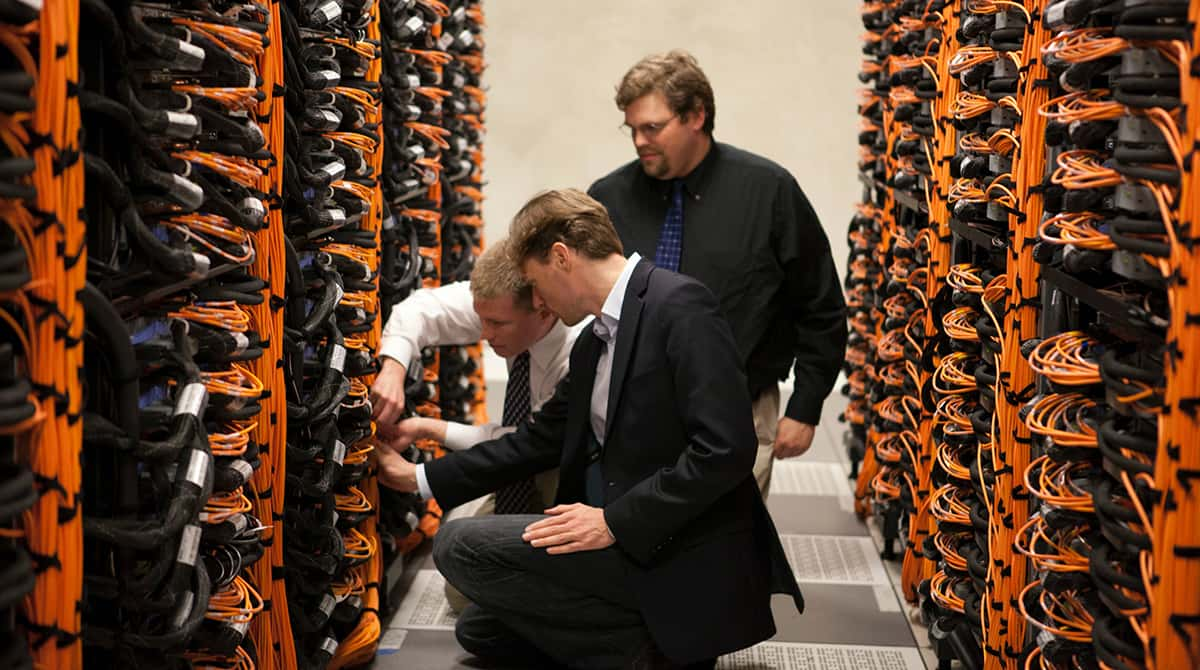
What Should I Look for in a VPN?
Just like any other service, VPNs are not all equal. Some do a better job of protecting your privacy or bypassing content restrictions compared to others. Hence, there are a few things that you would want to look out for when choosing the app:
AES 256 encryption
As mentioned, this is the gold standard in security. Choose a service that uses AES 256.
24-hour customer support
Having customer support on hand to answer any questions and help you connect to geo-restricted content is important. Choose an app that offers live chat, phone support, or email support.
Multiple servers
The more servers, the more versatile the VPN. Look for a reputable VPN that has servers in many countries.
No-logs policy
A VPN can help make your internet activities invisible to everyone except for the service itself. Hence, it’s essential to choose a VPN company that you can trust.
One good indication is whether or not a service keeps any logs of their users’ activities. Such information can be turned over to authorities or sold to marketers, which defeats the point of using a VPN in the first place.
To be safe, you would want to choose a VPN with a no-logs policy (which means they don’t keep records) and a reputation for keeping its promise to users. Better yet, choose a service that has been audited by a reputable third-party and vetted not to log any personally identifiable information from users.
Subscription fee
This may sound a bit strange, but in the world of VPNs, there’s no such thing as a free lunch. It costs a lot of money to keep a service up and running and secure. If you don’t pay a subscription fee, then the VPN has to make money elsewhere or cut corners in its security. Some free VPNs have been caught selling their users’ data or injecting malware into devices. If you want to make sure that your data and details are as safe as the app proclaims, it’s best to subscribe.
Summary
So there you have it — everything you must know about VPNs and why you might want to consider using one. Keep in mind that just like any other safety-related measures, VPNs are best taken as a preventive solution. While the need may not seem evident for most users, there’s not much that you can do after your privacy has been breached and sensitive information stolen. As the old saying goes — it’s better to be safe than sorry.
We take your online safety seriously. That’s why we’ve created ClearVPN — the first effortless VPN for a secure and personalized online experience. ClearVPN is the only VPN you need. Because it clearly understands you. Learn more about ClearVPN.





